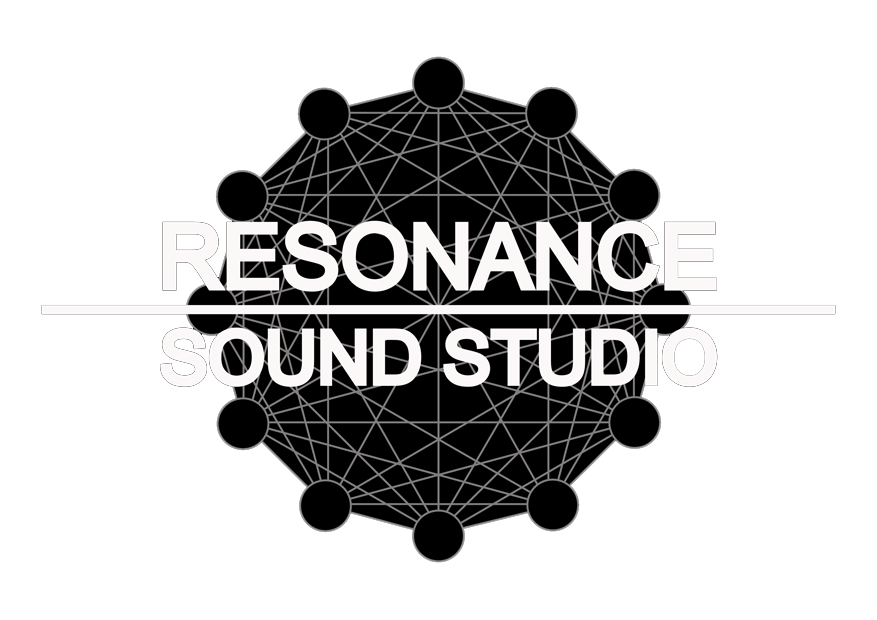Specialty Mastering

Stem Mastering
The grey zone between mixing and mastering. You feel like your mix isn't quite there yet...

Remastering
Slightly dissatisfied with your previous version? Ready for an update?

Vinyl Masters
We give you what it takes to make your analog master the best.
